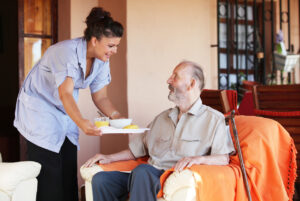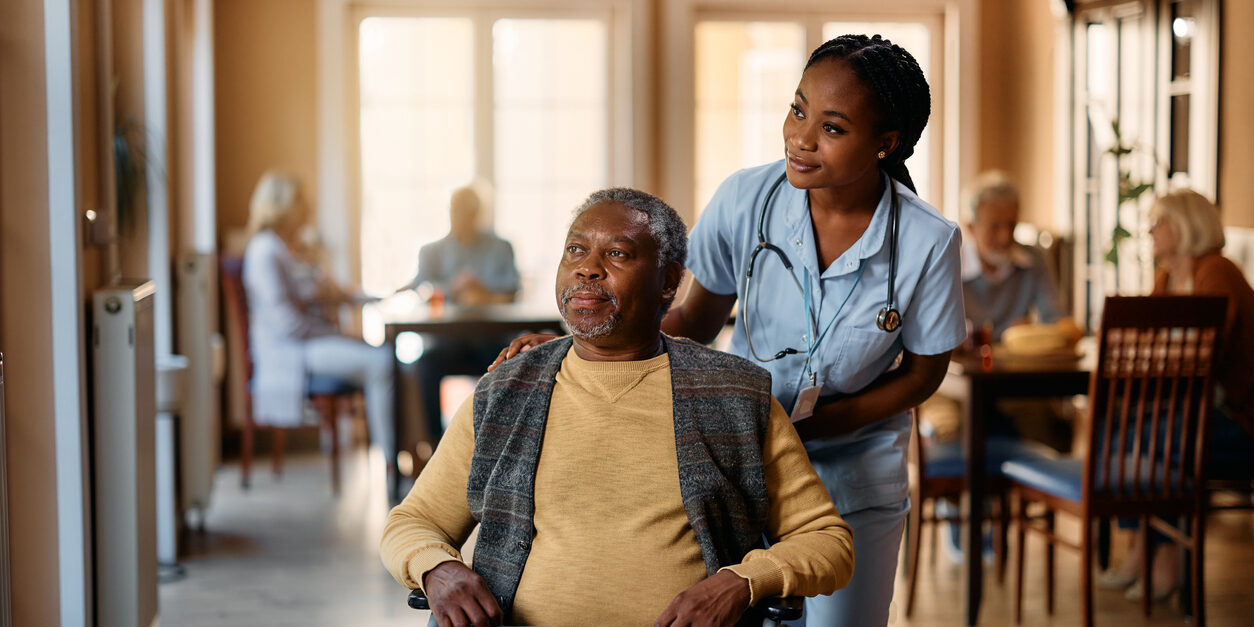The Vital Role of Caregivers
in Residential Care Communities
The vital role of caregivers
Residential care communities play a crucial role in providing support and care for elderly individuals who need assistance with daily activities or around-the-clock care. However, it’s the dedicated caregivers within these communities who truly make a difference. This post explores the vital role of caregivers in these communities and how they contribute to the well-being, safety, and quality of life of the residents.
1. Personalized Care and Support:
Caregivers in residential care communities provide personal care that is custom to the specific needs and preferences of each resident. They take the time to get to know the person, understand their unique needs, and help develop care plans. This ensures that individuals receive the right level of assistance and support to maintain their independence and quality of life.
2. Assistance with Daily Activities:
Many individuals in residential care communities require help with daily activities such as bathing, dressing, grooming, and medication management. Caregivers step in to provide these essential services, making it possible for residents to maintain their dignity and independence. They also assist with mobility and transfers, lowering the risk of accidents and falls. The Vital Role of Caregivers
3. Emotional Support and Companionship:
Caregivers offer more than just physical assistance; they provide emotional support and companionship. They build relationships with residents, offering a listening ear, engaging in conversations, and providing social interaction. This sense of connection is vital for mental and emotional well-being.
4. Health Monitoring and Medication Management:
Caregivers play a crucial role in monitoring the health and well-being of residents. They keep a watchful eye on any changes in someone’s condition and communicate these changes to medical professionals when necessary. Caregivers also ensure that residents take their medications as prescribed, lowering the risk of adverse health events. The Vital Role of Caregivers
5. Safety and Emergency Response:
Assisted living communities will have emergency response systems in place, and caregivers are the first line of defense in case of emergencies. They are trained to respond quickly and efficiently to situations that may threaten the safety of residents. Their rapid response can make a life-saving difference.
6. Promoting Social Engagement:
Caregivers arrange and encourage social activities within the community, creating a vibrant and interactive environment. These activities can include group outings, game nights, exercise classes, and more. Social engagement is essential for mental and emotional well-being. The Vital Role of Caregivers
7. Maintenance of Clean and Safe Environment:
Caregivers are responsible for ensuring that the living environment is clean, safe, and well-maintained. They help with housekeeping duties, such as cleaning, laundry, and meal preparation. This creates a comfortable and hygienic living space.
8. Family Support:
Caregivers also play a role in supporting the families of residents. They provide regular updates and communicate with family members, dealing with any concerns or questions they may have. This transparency and support help families feel more confident in the care their loved ones receive. The Vital Role of Caregivers

Caregivers are the heart and soul of residential care communities. They are professionals in caregiving but also caring individuals who enhance the lives of the people they serve. Their dedication, customized care, and commitment to well-being make them indispensable in creating a safe, helpful, and thriving environment within these communities. Caregivers are vital to the physical, emotional, and social health of the residents, and their contributions are infinite in the world of senior and disability care.
The Vital Role of Caregivers

